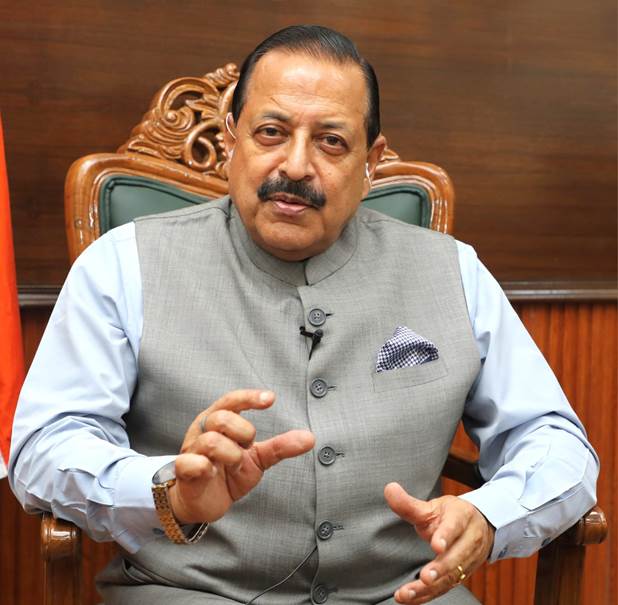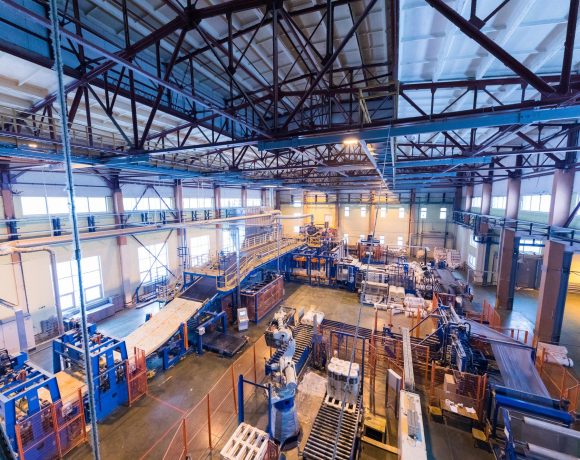
Govt Allocates ₹1,000 Crore Venture Fund for Space Startups
The Indian government has earmarked ₹1,000 crore as a venture fund to support the growth of space startups, signaling a significant investment in the country’s rapidly expanding space sector. This was announced by Union Minister of State (Independent Charge) for Science and Technology, Dr. Jitendra Singh, who highlighted that the decision was made within the first 100 days of the Modi 3.0 administration. The move showcases the government’s high priority in transforming the space sector and encouraging innovation and private sector participation.
Space Sector Reforms in India
In a press briefing, Dr. Singh noted that the government’s decision to open the space sector to private players about four years ago was a transformative step. The establishment of New India Space Limited (NISL) and the Indian National Space Promotion and Authorization Center (IN-SPACe) has created a conducive environment for private players to collaborate and innovate in the space domain. As a result, the number of space-related startups has surged from single digits to over 200 today, marking an exponential growth within a short span of time.
Boost to Private Sector and FDI in Space
Highlighting the rapid development of the space ecosystem, Dr. Singh emphasized that some Indian space startups now have world-class capabilities. The successful launch of India’s first private rocket, Vikram-S, is a testament to this progress. Furthermore, with 100% Foreign Direct Investment (FDI) allowed in the space sector, the government has opened up new avenues for international collaboration, encouraging innovation and technology exchange.
Gaganyaan Mission and India’s Space Achievements
Referring to India’s ambitious Gaganyaan mission, Dr. Singh revealed that the final test flight with the robot Vyom Mitra is expected to take place by the end of this year or early next year, paving the way for the first Indian astronaut to be sent to space in 2025. He further highlighted India’s achievements in space exploration, such as the successful Chandrayaan 3 mission reaching the South Pole of the Moon, a feat accomplished before any other country.
Space Technology’s Impact Beyond Space Exploration
Dr. Singh also pointed out that the Indian space sector’s contributions go beyond rocket launches. Space technology is now being utilized across various infrastructural and developmental sectors, including agriculture, smart cities, urban planning, and healthcare. The strategic integration of space technology into these fields demonstrates its transformative potential in supporting India’s economic and social development.
With the venture fund in place and supportive policies for space startups, India’s space sector is poised to play a crucial role in the country’s journey towards becoming a leading global player in the space industry.


















